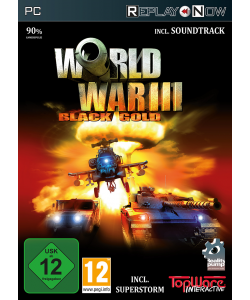
It's a promise that there's substance beyond the style, and I'm now genuinely excited to join Beat on this absurd adventure through a world where music is illegal and we do crimes.

Every track is given context within her life-the funky sampled beats of Proper Rhythm calling to miserable piano lessons, the heavy riffs of Waiting reflecting a lifelong aversion to punctuality. We get an intimate look at who Beat is, talking over her anxieties and her relationship to others, herself, and her music. A short opening gives us a taste of Unbeatable's proposed open world, letting us potter around a street and chat to bandmates who are, let's say, a little pissed at how late we are to practice.īut besides a short epilogue, most of White Label's scene-setting takes place with short vignettes before and after each track. Instead, what little narrative moments we get focus instead on our absolute burnout leading lass Beat.

A few months back, I fired up White Label to find that the short narrative intro had been turned into an opening crawl that could've been pulled straight outta Scott Pilgrim.ĭespite these additions, White Label is still awfully light on any direct plot. There's been a stunning live concert featuring an anime-rock cover of Sayonara Wild Hearts. D-Cell is trickling out bespoke, extra extra hard modes for the game's tracks. But White Label isn't just a demo-over the past year, it's been consistently buffed up with new tracks, new modes, and entire new story segments.Īt this point, Unbeatable's had crossovers songs with No Straight Roads, NOISZ STΔRLIVHT and Rhythm Doctor. It gets to the punch quickly, shows you what Unbeatable is all about, and has enough tracks to keep you chasing high scores while waiting for the finished game.


 0 kommentar(er)
0 kommentar(er)
